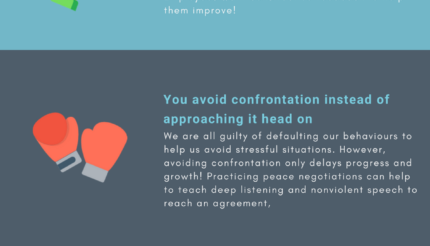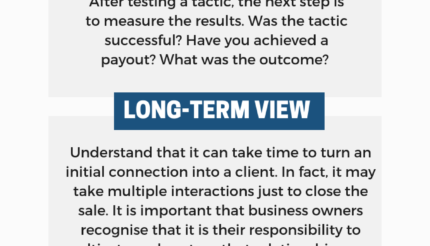Being an entrepreneur often requires risk. Google’s definition of an entrepreneur in fact says ‘a person who sets up a business or businesses, taking on financial risks in the hope of profit’ is an entrepreneur. You can do all the research under the sun and run the numbers countless times, but a lot of the time your big decisions come down to a gut decision. How do you know if it’s right?
Steve Jobs based his career on it, yet Bill Gates used it too. Richard Branson is a big fan. It helps Alan Sugar pick his Apprentices; it helped Einstein devise the theory of relativity. It is intuition – and its importance in management is growing all the time. It has been called intuition or a hunch, and often in the 17th century, referred to as mystical or paranormal. However, for the past 30 years it has been an immense topic in the area of psychology and studies of the brain. Steve Jobs took the mystical view of intuition, which he says he learned on his youthful trip to India. ‘Intuition is a very powerful thing,’ he told his biographer Walter Isaacson, ‘more powerful than intellect, in my opinion.’ Jobs’ gut feelings dominated Apple, even when he was wrong (presented with the prototype iMac, he insisted it should be called the MacMan).
In business, you have to be able to measure the right times to use logic or your gut. Once you have the ability to do this, you can really excel in the future decisions you make. Steve Jobs is also famous for giving his intuition much of the credit for his success. In his 2005 commencement address at Stanford University, Jobs told the crowd “to have the courage to follow your heart and intuition. They somehow already know what you truly want to become. Everything else is secondary”.
This principle helped guide Jobs to iTunes and the iPod, two projects that were seen as monumental risks when first released in 2001. Jobs made a quick, intuitive decision to green light them even as many doubters said it would sink Apple into a bottomless hole of development costs. The trust in intuition is understandable. People have always sought to put their faith in mystical forces when confronted with earthly confusion. But it’s also dangerous. Intuition has its place in decision making, you should not ignore your instincts any more than you should ignore your conscience, but anyone who thinks that intuition is a substitute for reason is indulging in a risky delusion.
Take appropriate risks. Talk to one of the team to discuss this in further or book in a complimentary coaching session given to you by one of the top 10 certified business coaches in the UK.






